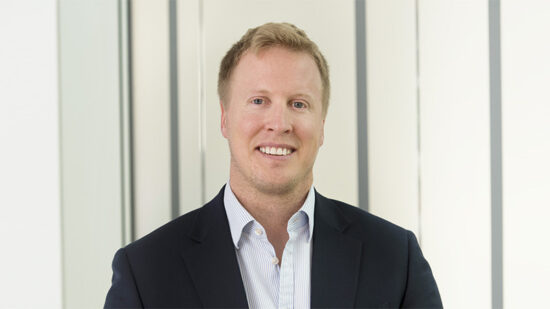According to its latest investment comment piece, the bank says investors are going to have to be much more discriminating in their selections, while at the same time being more disciplined about risk diversification, if they are to profit from what they refer to as an “out-of-sync” world.
But, while the path ahead in Societe Generale’s view will be challenging, a number of strong opportunities remain.
Speaking at a briefing in London on Wednesday, Alan Mudie, head of investment strategy and Claudia Panseri, a global strategist at the bank, explained that diversification is going to be key during 2015 for asset allocators.
Within the fixed income space, the group is taking a “barbell approach”, upping its exposure to short duration, dollar-denominated, high-yield debt in emerging markets, while at the same time hedging its risk by investing in developed market sovereign bonds.
But, while the bank likes EMD, it does not like it across the board. Panseri explained one needs to differentiate between commodity exporters and importers.
Those that export manufactured goods and import commodities, like China, India and Turkey are likely to benefit from current input costs and an improving environment for world trade, she said.
However, the bank does expect volatility to pick up substantially during the course of the year, which is where the other side of the barbell comes into play.
Two other areas that have piqued Societe Generale’s interest are water and German REITS.
The first of these, Mudie explains, remains undervalued in relation to average incomes in Germany and could provide investors with a useful diversifying asset. And, he said, German real estate companies currently offer a high and sustainable dividend yield.
The second, investment into the water sector is also designed to provide returns that are less correlated to bonds and equities.
As the bank explained: “About a third of the population across Western Europe and the US currently live in water stress areas, and by 2025 1.8bn people will live in regions with absolute water scarcity.”
According to Societe Generale, transforming the industry will require hundreds of billions of dollars in capex, which should benefit the water industry.
And, as an added benefit, because it is less exposed to economic cycles than other sectors, it provides investors with a level of diversification.







